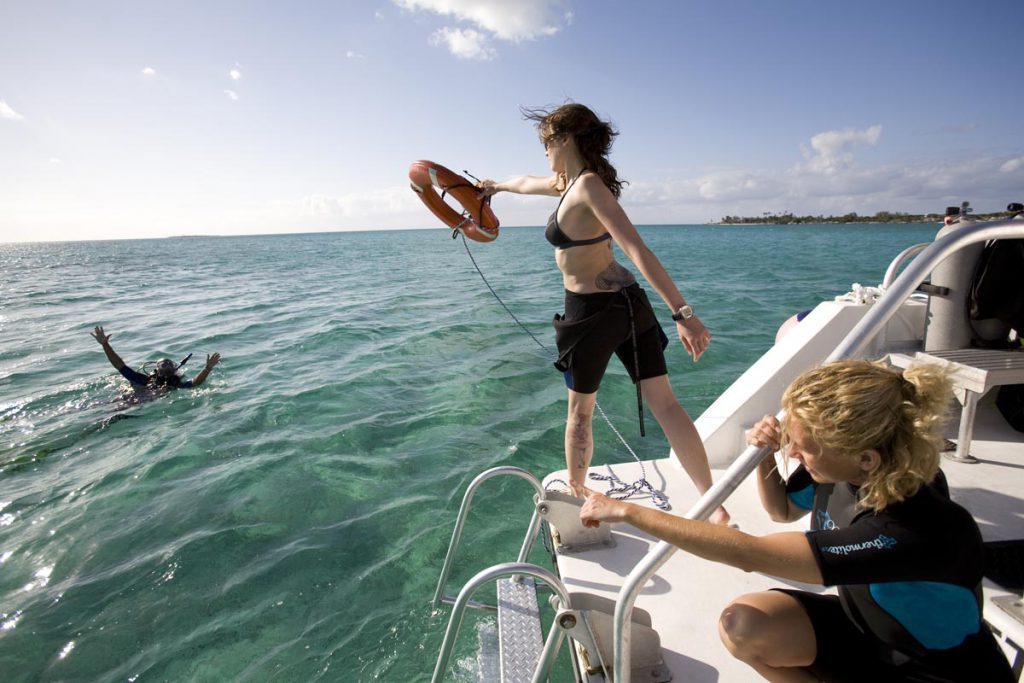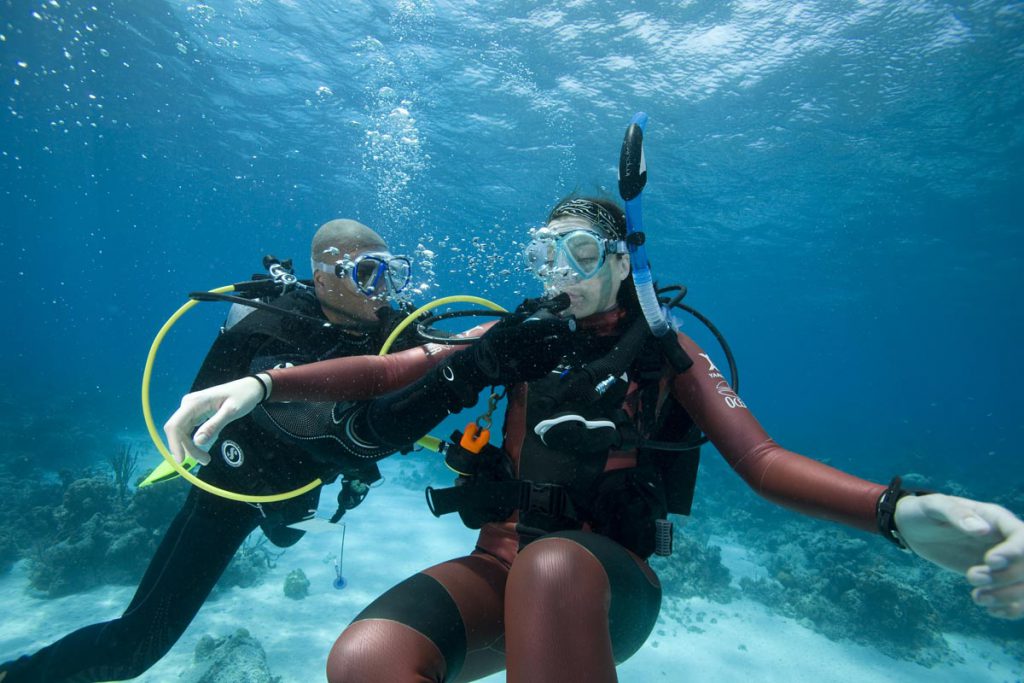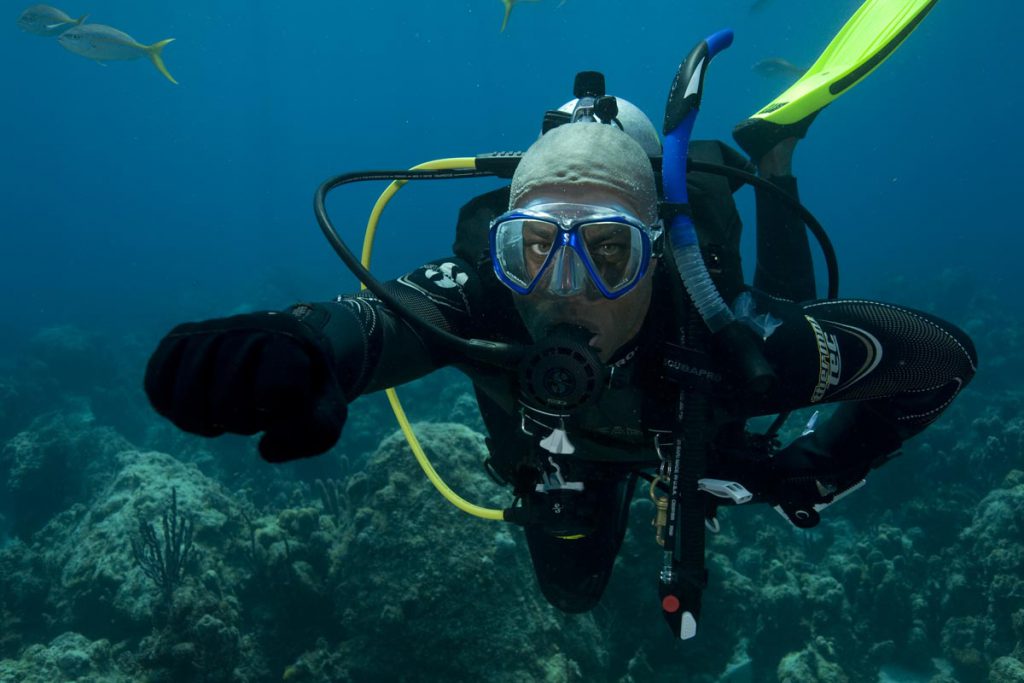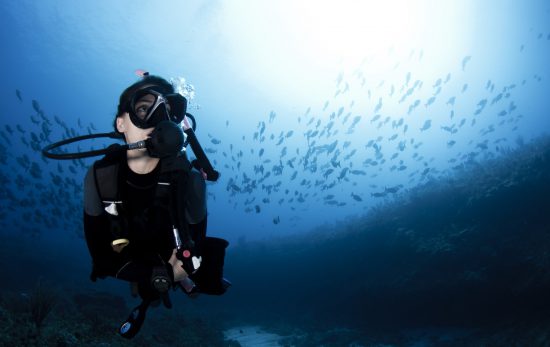Apart from medical issues, what do you think most causes or contributes to serious dive incidents? Gear failure? Conditions? Panic? No, while these can all be factors, the number one cause or contributor in serious accidents is bad decisions. When we make good choices and follow accepted diving practices, unpleasant experiences are very rare, even when the unexpected happens. But, studies show that when divers make poor decisions, the probability of injury, death or a close call goes up disproportionately.
This shouldn’t be surprising, but here’s the important detail: It’s rarely errors, but violations that cause or contribute to these incidents. In this context, an error is unintentionally straying from accepted practices, whereas a violation is deliberately doing so.

In some dive incident reports, the violations are so extreme that we can only scratch our heads and ask, “What were they thinking?” But in others incidents, the violations are more understandable, at least in hindsight, and if we’re honest, we’ve all been there. It goes something like this: Pat Diver’s on a boat about to splash, and, wouldn’t you know it, Pat has left the emergency whistle normally always attached to the BCD, at home, next to the sink after washing it. Pat can even see it mentally. A quick check finds no spares onboard . . . and that’s when Pat decides to dive anyway. We’re not going far, it’s flat calm, my buddy has one, there’s no current etc. . . . And, Pat probably gets away with it because in truth, on most dives you don’t need your whistle, and the same is true for other things, like your alternate air source. More often than not, predive checks don’t find problems and reserve gas never leaves your cylinder. Many accepted diving practices we follow on every dive (or should) prove unnecessary on most of our dives.
And that’s the trap. Since nothing bad happened, next time Pat forgets a whistle, or alternate or doesn’t want to bother with a predive check, Pat dives and gets away with it again. After a while, not having required gear, pushing limits, skipping checks etc. is Pat’s new MO. Pat even begins to say things like “you just need it for training,” since nothing bad has happened after all of these dives, they must be unnecessary, right? (The human factors term for this is normalization of deviance. Logically, we know that eventually a whistle, alternate, reserve, predive check, etc. would make a big difference – maybe even a life-saving difference – and Pat has a bad day or worse. Problem is, it could be the next dive or next 200th; there’s no way to know.

Thinking Differently
Since the trap is that violations seem reasonable in the moment, the solution is a different mindset. Thinking like divers (remember that from your PADI Advanced Open Water Diver course?), the mindset we want builds on the primary objective of every dive: for everyone to return safely. Then we:
Question the violation, not the dive practice. Violations assume that the dive practice is flawed under the circumstances. Because someone likely got hurt or died for us to learn a dive practice, and because there is usually no warning that this is the dive when it will keep us out of trouble, reject that assumption. The data show that violations are flawed, even if divers get away with them frequently.
Remove incentives. Many violations happen for convenience or not missing a dive, so have choices. Spare gear, reasonable time, alternative dive sites, etc. remove incentives. There’s no incentive to dive with a short fill if there’s full cylinder available. There’s no incentive to skip a proper predive check if there’s no rush to get in the water. There’s no incentive to dive in terrible conditions if there’s something else fun to do together.
Be firm. When we rationalize, it’s human nature to look for agreement, so we can help each other by politely not agreeing, ideally followed by a solution in keeping with accepted practices. “No, I disagree. Swimming back alone violates safe diving practices. How about this – we can all swim back together, then those who want to continue . . . “

Be a role model. We’re less likely to violate safe diving practices when we dive with role model leaders and when we realize that we’re role models ourselves, whether we want to be or not. Role model divers continue their education, keep up with the latest data from sources like DAN, and keep first aid/CPR, Rescue Diver and oxygen skills current because they know that even without violations, incidents can still happen. As German theologian Albert Schweitzer said, “Setting an example is not the main thing in influencing others. It is the only thing.”
Dr. Drew Richardson
PADI President & CEO


